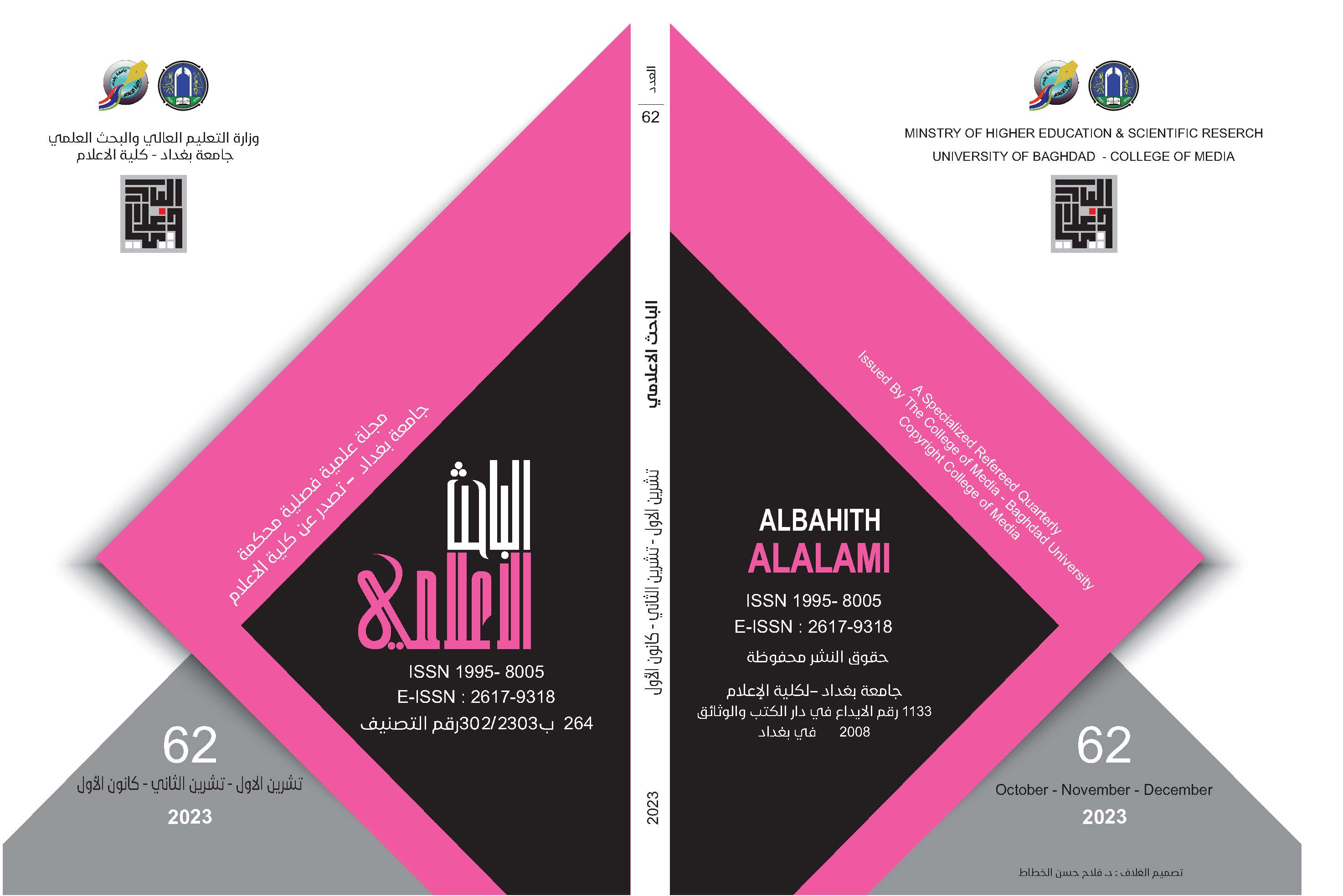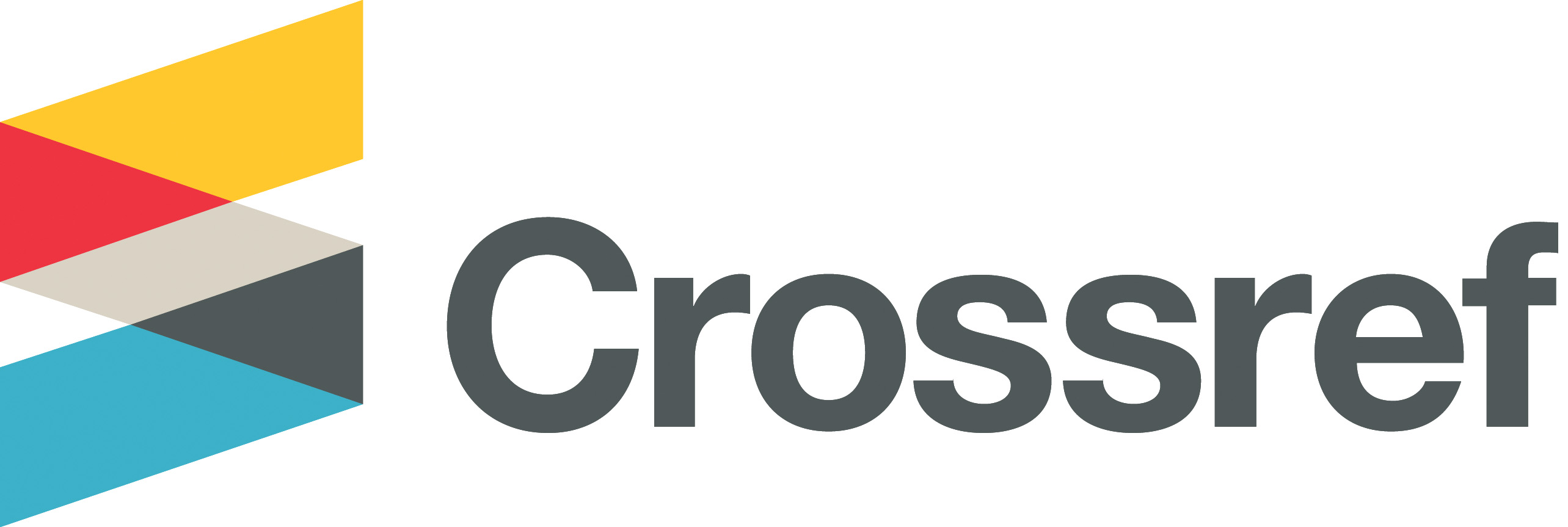The Self and the Other in the Dogmatic Discourse
The Cognitive and Emotional Structure of the Authoritarian and Destructive Personality
DOI:
https://doi.org/10.33282/abaa.v15i62.1191Keywords:
Authoritarianism, Destructiveness, Dogmatic Mentality, DiscourseAbstract
The philosopher and social psychologist Erich Fromm (1900-1980), in his book "Escape from Freedom" highlighted the distinction between the "I" of the authoritarian personality and the "I" of the destructive personality based on their stance towards "the other." The former (the authoritarian self) relies on a submissive, enslaving formula, where the "I" is the master/dominator/controller/strong, while "the other" is the servant/submissive/controlled/weak, essential for perpetuating this formula. In contrast, the latter (the destructive self) relies on an annihilating, negating formula, where the "I" is existence/killer/destroyer/persistent, while "the other" is non-existence/killed/destroyed/temporary. From these two formulas stem all extremist violent tendencies and practices.
In a world teeming with such tendencies and practices, delving into the structures of these formulas becomes a paramount existential necessity, especially since these formulas permeate every facet of life: personal, political, social, religious, media, economic, and academic, transforming the world into arenas of bloody conflicts, disfiguring the "I" and annihilating the "other."
Researchers have studied the psychological-social dynamics of these formulas. However, there hasn't been a comprehensive approach employing "dogmatism" as discourse to explore the structural essence of these formulas, which this study aims to achieve.
In his book "The Open and Closed Mind: Investigations into the Nature of Belief Systems and Personality Systems" social psychologist Milton Rokeach (1918-1988) studied the "Dogmatic Mentality": a relatively closed cognitive system of beliefs and non-beliefs organized around a core set of beliefs related to the dangerousness and threat of the world and a middle set of beliefs associated with absolute dominant power. When this structure crystallizes as a discourse, it widens, deepens, and solidifies, dissolving the "I" into "power" and negating "the other" as an independent, equal human entity, becoming, in communicative and media outcomes, material for manipulation and intimidation.
Downloads
References
Foucault, M. (1987). L'archéologie du savoir (S. Yafut, Trans.). Beirut: Centre Culturel Arabe.
Foucault, M. (2007). L'Ordre du discours (M. Sabila, Trans.). Beirut: Dar Altanweer.
Fromm, E. (2009). Escape from Freedom (M. M. Al-Hashemi, Trans.). Damascus: Syrian General Organization of Books.
Rokeach, M. (1954). The nature and meaning of dogmatism. Psychological Review, 61(3), 194-204. https://doi.org/10.1037/h0060752
Rokeach, M. (1960). The open and closed mind: investigations into the nature of belief systems and personality systems. Basic Books.
Rokeach, M., McGovney, W. C., & Denny, M. R. (1955). A distinction between dogmatic and rigid thinking. The Journal of Abnormal and Social Psychology, 51(1), 87-93. https://doi.org/10.1037/h0040666
Downloads
Key Dates
Published
Issue
Section
License
Copyright (c) 2023 ALBAHITH ALALAMI

This work is licensed under a Creative Commons Attribution 4.0 International License.
Authors retain copyright and grant the journal right of first publication with the work simultaneously licensed under a Creative Commons Attribution License (CC BY 4.0) that allows sharing the work with recognition of authorship and initial publication in ABBA journal.


















